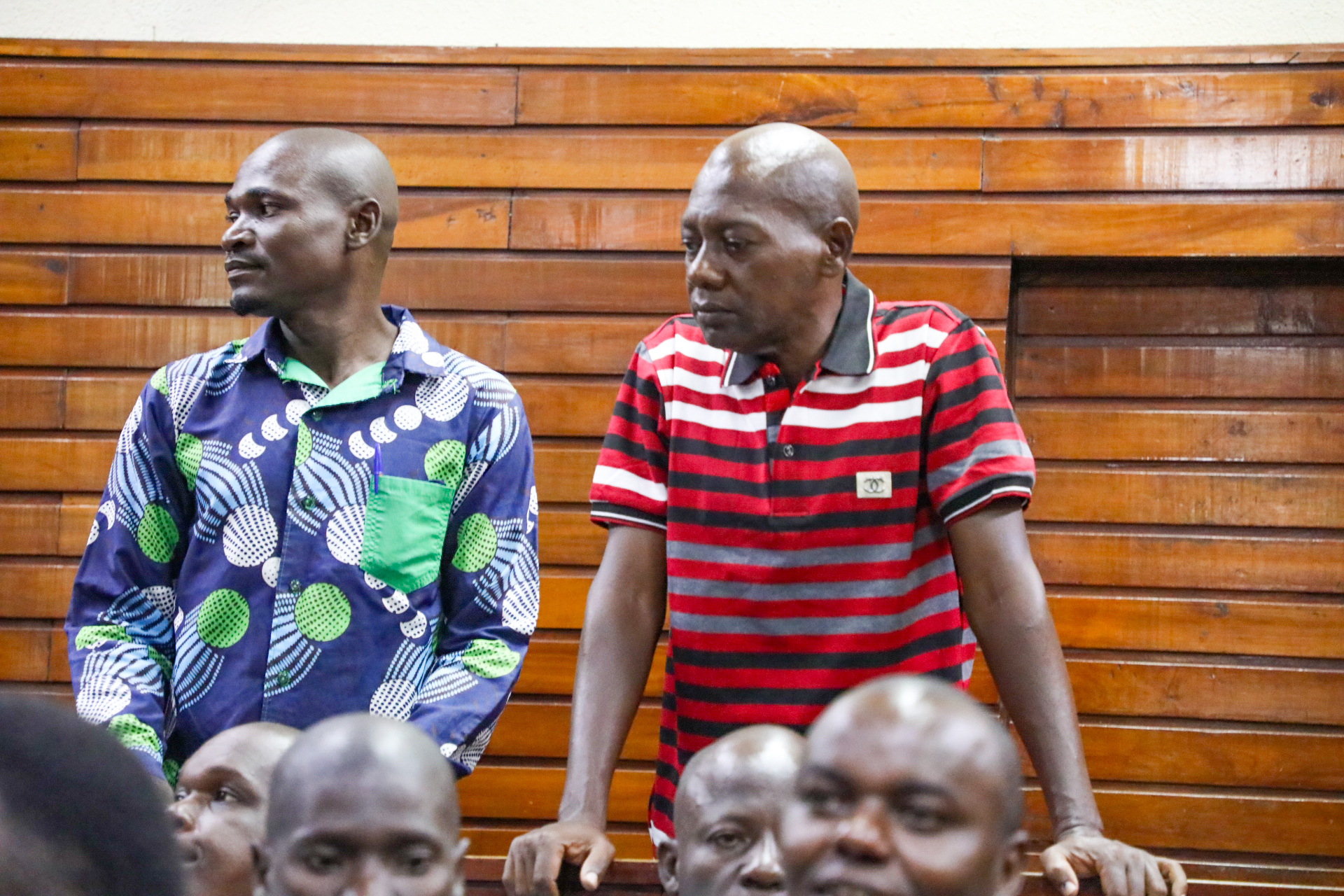
Pastor Paul Nthenge Makenzi, the controversial leader of the Good News International Church, is once again at the centre of national outrage after revelations emerged that he actively discouraged formal education among his followers, branding it as a tool of evil and moral corruption.
According to evidence presented in court, including transcriptions of conversations retrieved from his mobile phone, Makenzi frequently preached that education leads individuals away from spiritual purity and draws them closer to materialism and worldly desires.
He claimed that acquiring knowledge through secular institutions promotes rebellion against God and strengthens ties to earthly systems, which he described as "satanic structures."
Some of his loyal followers, echoing his beliefs, shared disturbing accounts of dreams and visions where education appeared as a pathway to doom.
In these narratives, schools were portrayed as dens of immorality, where young people lose their way spiritually. These dreams, Makenzi argued, were divine confirmations that schooling was dangerous to the soul.
This ideology reportedly led dozens of young people—ranging from primary school pupils to university students—to abandon their studies.
In one documented case, a university student pursuing electrical engineering dropped out, influenced by the belief that education was unnecessary in the face of the prophesied end times. The student later testified that he burned all his academic certificates as a sign of faith and submission to the pastor’s teachings.
Beyond education, Makenzi’s doctrine also discouraged participation in elections, use of modern healthcare, and engagement with most state services. He painted the government and public systems as agents of deception meant to lure believers away from the truth of the gospel.
Authorities in Malindi and other affected areas have intensified investigations, linking these teachings to broader abuses under Makenzi’s leadership, including the tragic Shakahola cult deaths that shocked the nation.
The government continues to hold Makenzi in custody alongside several of his key associates, as prosecutors build a case not only around the deaths but also around indoctrination, abuse of religious freedom, and obstruction of children's rights to education and healthcare.
The unfolding case has sparked debate across Kenya on how to draw the line between freedom of religion and the protection of vulnerable individuals, particularly children, from dangerous ideologies. As the court process continues, the country awaits justice and answers.












